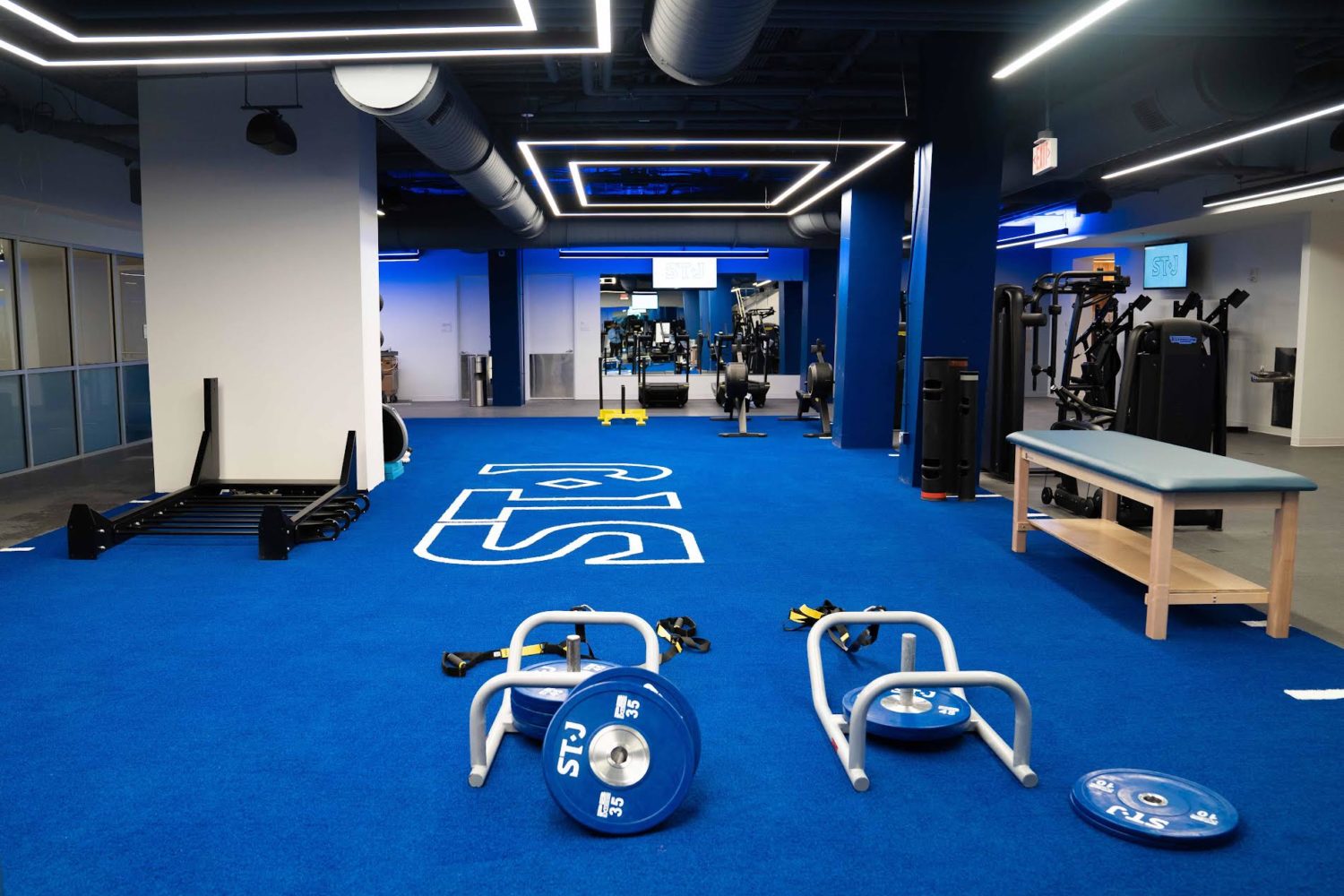Related:
Top Therapists 2009
Getting Back Your Life
How to Tell If a Child’s Anxiety Is Cause for Concern
Do You Control Your Technology? Or Does It Control You?
Stressed? Learn to Recognize Your Triggers and Find Calm
Psychiatrist Edward Hallowell saw a female patient in New York who asked whether it was okay for her husband to bring his BlackBerry to bed when they were about to make love.
Hallowell, author of CrazyBusy: Overstretched, Overbooked, and About to Snap!, says he didn’t know which was more remarkable—the woman’s question or the husband’s behavior. What he does know is that a growing obsession with technology is having a detrimental effect on our ability to think deeply and form meaningful relationships. Hallowell’s sentiment is shared by many Washington therapists who say they’re seeing more technology overload among patients.
Hallowell contends that people are becoming seduced by the constant stream of text messages and e-mails. As a consequence, they may feel overwhelmed and have less energy for demanding mental tasks.
“As the number of inputs in your life goes up, you simply cannot go into the same amount of depth—intellectually, cognitively, or emotionally,” Hallowell says. “We’re seeing a lot of what I call sound-bite thinking.”
Relationships are among the casualties, in that people who spend more time online tend to engage in superficial connections. “People feel more like an island even though, paradoxically, they are super-connected electronically,” Hallowell says. “What they’re doing lacks depth and emotion.”
Spending too many hours a day connected to a screen—be it a computer, a television, or a hand-held device—robs us of the ability to be creative, says Susan Linn, a Boston psychologist and director of the Campaign for a Commercial-Free Childhood.
“Creativity needs time, space, and silence, and we have deprived ourselves, even as adults, of those experiences,” says Linn, an instructor in psychiatry at Harvard Medical School.
Too much screen time, especially in childhood, produces more passive thinkers. “The problem is that pretty much everything is done for you,” Linn says. “If someone is reading you a book or telling you a story, you get to imagine things. With screen media, we have to do less creative work.”
One key to handling technology overload is to analyze it. Says Hallowell: “People need to know whether modern life is running them or they’re running modern life.”
This article first appeared in the July 2009 issue of The Washingtonian. For more articles from that issue, click here.


















